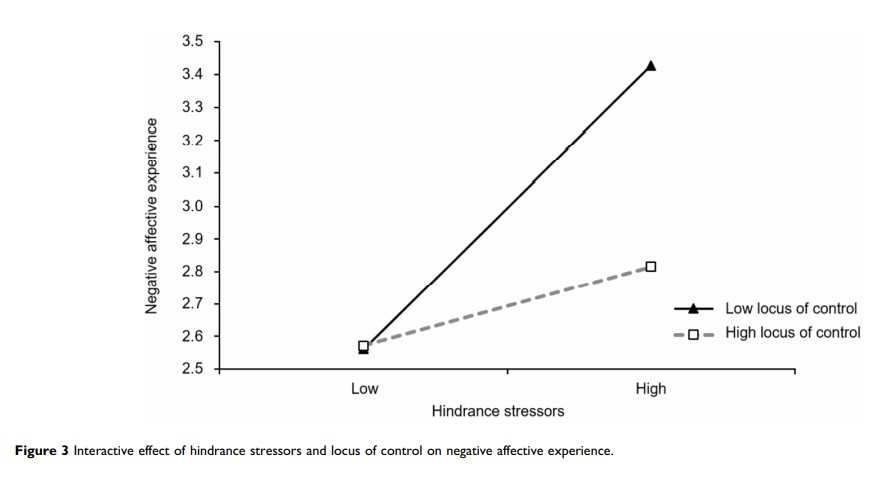9 1 2 3 6
论文已发表
注册即可获取德孚的最新动态
IF 收录期刊
- 2.6 Breast Cancer (Dove Med Press)
- 3.9 Clin Epidemiol
- 3.3 Cancer Manag Res
- 3.9 Infect Drug Resist
- 3.6 Clin Interv Aging
- 4.8 Drug Des Dev Ther
- 2.8 Int J Chronic Obstr
- 8.0 Int J Nanomed
- 2.3 Int J Women's Health
- 3.2 Neuropsych Dis Treat
- 4.0 OncoTargets Ther
- 2.2 Patient Prefer Adher
- 2.8 Ther Clin Risk Manag
- 2.7 J Pain Res
- 3.3 Diabet Metab Synd Ob
- 4.3 Psychol Res Behav Ma
- 3.4 Nat Sci Sleep
- 1.9 Pharmgenomics Pers Med
- 3.5 Risk Manag Healthc Policy
- 4.5 J Inflamm Res
- 2.3 Int J Gen Med
- 4.1 J Hepatocell Carcinoma
- 3.2 J Asthma Allergy
- 2.3 Clin Cosmet Investig Dermatol
- 3.3 J Multidiscip Healthc

工作压力会导致辱虐管理吗?挑战和阻碍性压力源的差异效应研究
Authors Li Z, He B, Sun X
Received 10 February 2020
Accepted for publication 23 May 2020
Published 21 July 2020 Volume 2020:13 Pages 573—588
DOI https://doi.org/10.2147/PRBM.S249071
Checked for plagiarism Yes
Review by Single-blind
Peer reviewer comments 2
Editor who approved publication: Professor Igor Elman
Purpose: From the perspective of affective events theory, the present study examines whether two distinct categories stressors (challenge-hindrance stressors) have different effects (hindrance or promotion) on abusive supervision.
Materials and Methods: The data of 203 pairs of supervisor–subordinate have been collected from 12 different Chinese enterprises.We first conducted confirmatory factor analyses (CFA) in Lisrel software to test the model’s validity. And then, we used the descriptive statistics to example the correlations of variables. Finally, we conducted hierarchical regression analysis and bootstrap methods to test hypotheses.
Results: The finding shows that two distinct categories stressors have different indirect effects (hindrance or promotion) on abusive supervision. Specifically, challenge stressors reduce abusive supervision through positive affective experience, while hindrance stressors increase abusive supervision through negative affective experience. In addition, locus of control plays a first-stage moderated-mediation role in the indirect effect of challenge stressors on abusive supervision and in the indirect effect of hindrance stressors on abusive supervision.
Conclusion: This study offers some comprehensive insights for why and when challenge stressors and hindrance stressors have different effects on abusive supervision. This study extends the current literature by directly testing two different underlying psychological mechanisms (resource acquisition and resource depletion), which are responsible for the different effects of challenge stressors and hindrance stressors. Also, individuals’ cognitive attribution tendency is confirmed as boundary conditions of the direct effect of work stressors on affective experience and indirect effects of work stressors on abusive supervision.
Keywords: challenge-hindrance stressors, affective experience, locus of control, abusive supervision, affective events theory
